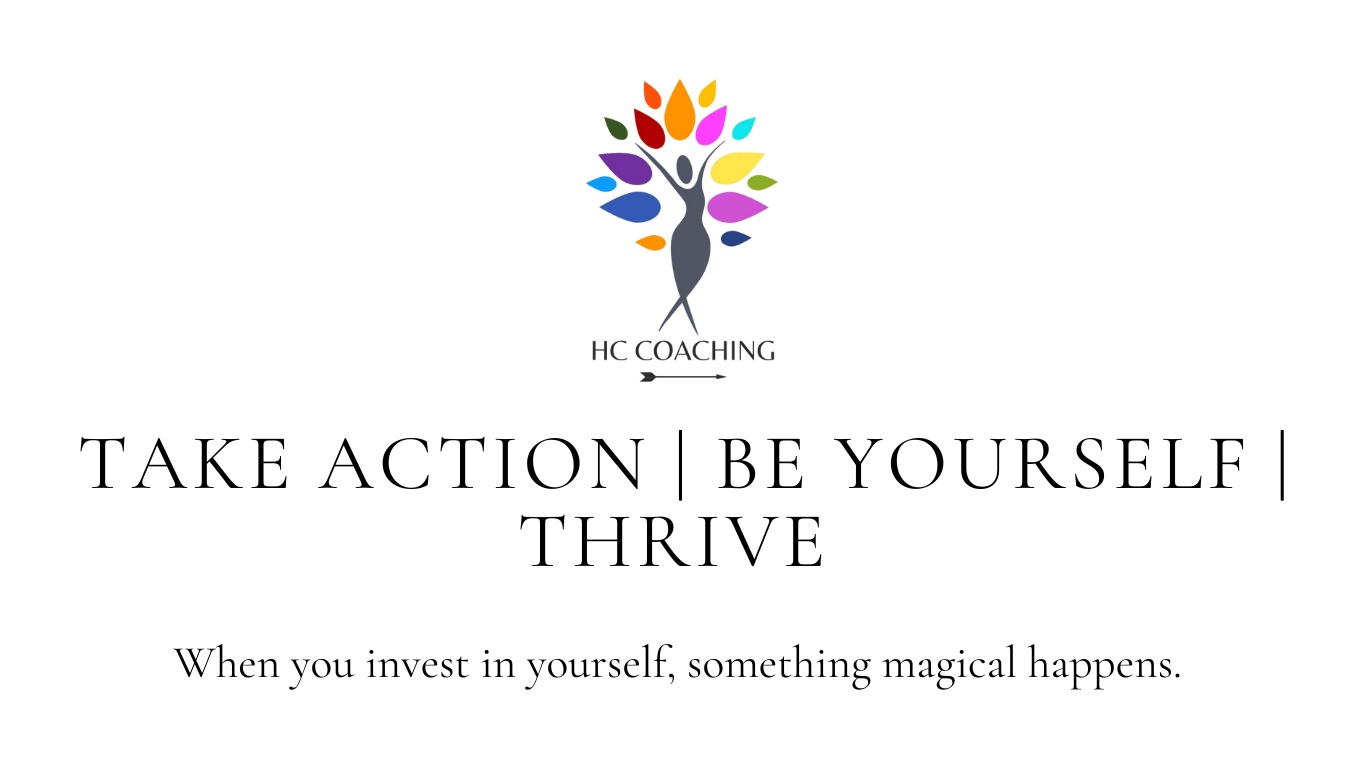Embracing the Illusion: Unraveling the Complex Fabric of Time
I've been thinking a lot about time recently, partly because I can't believe we're halfway through August already!
Time, is that elusive force that dictates the rhythm of our lives, a concept both fascinating and confounding. It's an intangible construct that governs our actions, yet its nature remains enigmatic. How often have we found ourselves grappling with the paradoxical ways in which time seems to both drag on endlessly and slip through our fingers like sand?
This morning I was enjoying the Australia vs England semi-finals and England were winning. I felt like the second half was dragging, when I really wanted it to go super fast so that we would win. However, when Australia equalised with about 30minutes to go, the match suddenly felt like it has sped up, that there wasn't enough time. It slowed down again when we went back ahead.
The Dragging Moments
We've all experienced those moments when time appears to be in league with our anxieties, stretching itself to an agonizing crawl. Think of that impending presentation, the dental appointment you've been dreading, or the long hours of waiting for the weekend to arrive. In these instances, time becomes a sluggish river, testing our patience and forcing us to confront our impatience.
Yet, within this apparent standstill lies a hidden opportunity. These dragging moments challenge us to develop resilience, to find meaning in the waiting and to embrace the discomfort. By shifting our perspective, we can turn these moments into opportunities for reflection and growth, learning to find peace amidst the seemingly interminable passage of time.
The Fleeting Bliss
Conversely, there are those times when time's swift wings carry us through hours as if they were mere seconds. Engrossed in activities we love, time becomes an ethereal companion, fleeting yet unforgettable. Think of the joyous laughter shared with friends, the hours engrossed in a captivating book, or the euphoria of a sports match.
These moments of temporal acceleration remind us of the importance of savouring the present, of immersing ourselves fully in what brings us happiness. By acknowledging that time's pace is not uniform, we can cultivate an appreciation for life's fleeting gems, reminding ourselves that each moment is an opportunity to create cherished memories.
The Illusion of Structure
When you watch a clock though, the second hand doesn’t speed up or slow down. There are 60seconds in a minute, 60minutes in an hour, 24hours in a day, 7 days in a week, 52weeks in a year. This doesn’t change. It’s how we perceive time that changes.
Our modern lives are intricately woven with the fabric of schedules and routines, so it's essential to see that time's constructs are just that – constructs. Days, hours, and weeks are tools we've devised to organise our lives, enabling us to coordinate with others and achieve our goals. However, these constructs can also become sources of stress and pressure, instilling a sense of inadequacy when we fail to meet self-imposed deadlines.
We are used to thinking of time as being linear - there is a beginning and an end. There's a past, present and future. When we see it like this, it can set us up for failure. If we reach Friday lunchtime and haven't started our to-do list, we feel we've failed as the week is 'over', yet there's still time to get some things done. We're programmed to set New Year's Resolutions on 1st January. If we forget or don't get around to it, we feel we have to wait a whole year to start afresh. We feel we have to wait until Monday morning to start a new fitness regime or diet, when the truth is now is the best time.
A wise man once said,
'people assume that time is a strict progression of cause to effect, but actually, from a non-linear, non-subjective viewpoint, it's more like a big ball of wibbly-wobbly, timey-wimey stuff.'
and once we start seeing time as a circle or a ball, then there are multiple opportunities to start or to make a change.
If you struggle with finding enough time then here are some things to consider:
are you prioritising what gets done?
are you allowing other people's priorities to get in your way?
knowing yourself, your values & what you want your life to be like, can help you
learn to say 'no' or at least 'not at the moment' helps prevent overwhelm
when you are clear on what matters to you, it's easier for you make the time for it.
Today see if you can start to think about time differently. What difference would this make to you?
